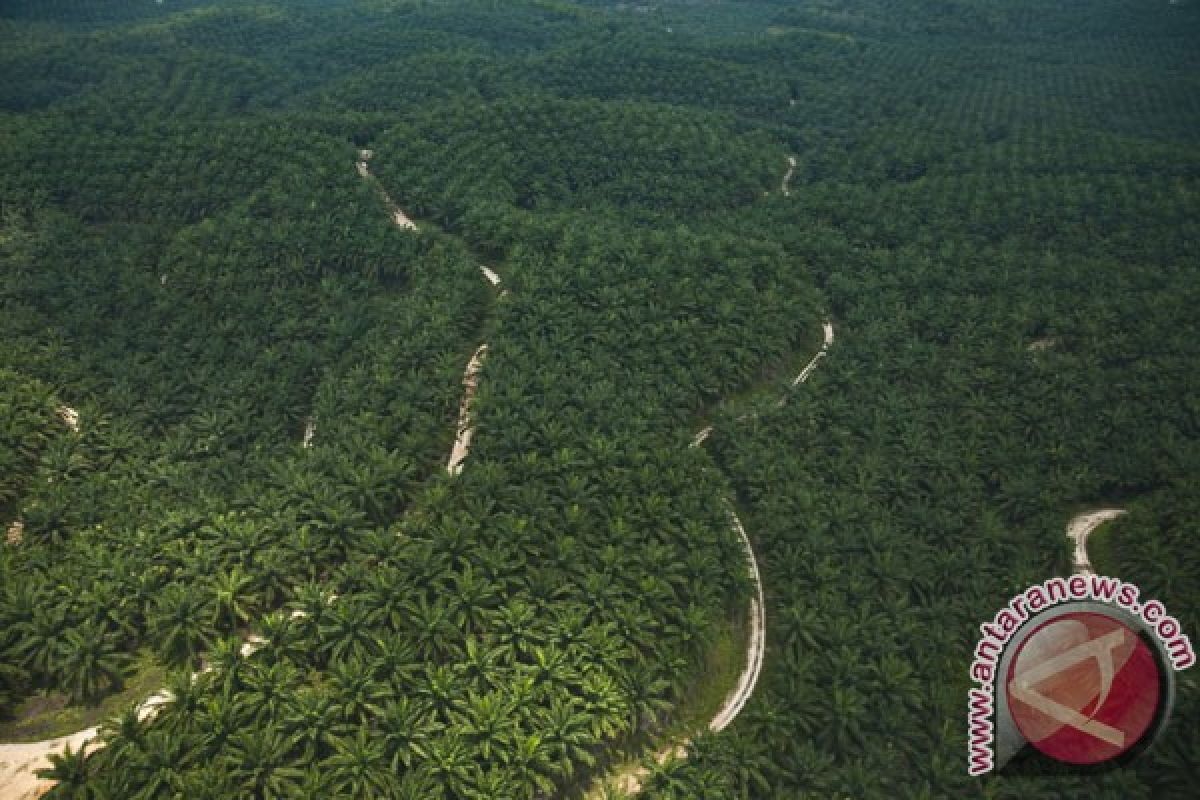Head of Sintang District Jarot Winarno said currently only six out of 47 palm oil plantation firms in the area that have received the certificates.
"Of the total 47 companies, only six of them have received the ISPO certificates," Jarot said here on late Wednesday.
Two other companies achieved the voluntary sustainable standard of the Roundtable on Sustainable Palm Oil (RSPO), which is necessary for palm oil export to European Union.
Achievement of ISPO certificates is expected to help companies to curb the impact of palm oil production to environmental damage, green house gas emission, and deforestation.
As ISPO certification has been mandatory for palm oil mills, estates and suppliers in the country, companies that failed to apply for the certificates would be sanctioned, while the RSPO certificate is a voluntary sustainability scheme.
According to Jarot, certification is a key aspect for the future of palm oil industry.
"Palm oil industry and supply chain must be ensured that they have implemented sustainable practices, otherwise it would be difficult for them to sell their palm oil products," he elaborated.
Certification, he continued, would guarantee Indonesia`s palm oil firms` reputation that have become a target of negative campaign regarding to sustainable production and environmental preservation.
"I can say that reputation is more important than the quality of the product itself," Jarot said.
Palm oil has been the backbone of Sintang economy that provide jobs and income for its farmers and people in the region.
A data in 2017 showed that palm oil production in Sintang has reached 935,941 tons from 168,107 hectares of land.
As many as 47 palm oil companies in Sintang has a total 500 thousand hectares of concession land, of which 177 million hectares have already been cultivated.
Reporting by Yashinta Difa Pramudyani, Sri Haryati
Editing by Bustanuddin
Reporter: Antara
Editor: Fardah Assegaf
Copyright © ANTARA 2018












